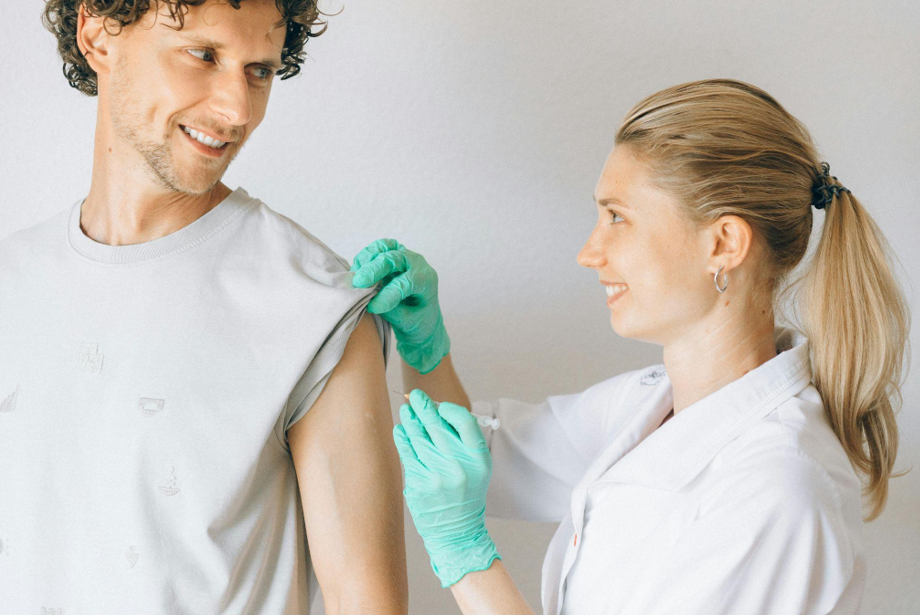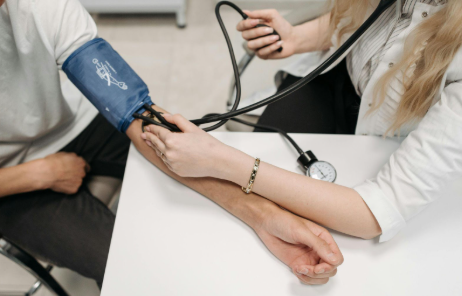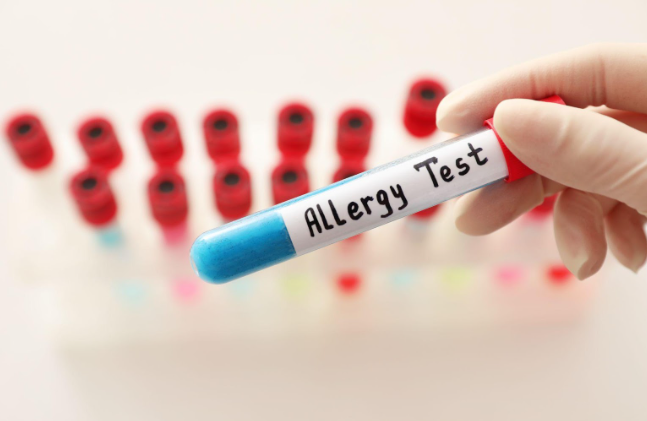Who Should Get a Pneumonia Vaccine?
Who Should Get a Pneumonia Vaccine?

Pneumonia is more than just a bad cold. It’s a serious infection that affects the lungs and can lead to severe health complications, especially for certain groups of people. Luckily, one of the easiest—and best—ways to protect yourself is simply by getting vaccinated.
But who needs the pneumonia vaccine? Let’s explore why this vaccine is important and who benefits most.
Why the Pneumonia Vaccine Matters
Pneumonia can strike anyone, but it’s particularly dangerous for individuals with weakened immune systems or underlying health conditions. Caused by bacteria, viruses, or fungi, pneumonia fills the lungs with fluid or pus, making it difficult to breathe. In severe cases, it can lead to hospitalization, long-term complications, or even death.
The pneumonia vaccine plays a crucial role in reducing the severity and spread of this illness. The vaccine provides a vital layer of protection by stimulating your immune system to recognize and fight the bacteria responsible for pneumonia. For certain groups, this protection isn’t just beneficial—it’s essential.
Who Should Get the Pneumonia Vaccine?
The Centers for Disease Control and Prevention (CDC) recommends the pneumonia vaccine for specific groups of people who face a higher risk of severe illness. Here’s a closer look at who should prioritize getting vaccinated:
Adults Aged 50 and Older
Our immune systems naturally weaken as we age, making it harder to fight off infections. The vaccine is recommended for adults aged 50 and older, as they are especially vulnerable to pneumonia and its complications, including hospitalization and even death. For this age group, the pneumonia vaccine significantly reduces the risk of severe illness.
People with Chronic Health Conditions
Individuals living with chronic conditions such as diabetes, heart disease, or chronic obstructive pulmonary disease (COPD) have a harder time fighting off infections like pneumonia. Vaccination helps lower their risk of developing severe symptoms or complications.
People with Weakened Immune Systems
A weakened immune system, whether caused by medications, cancer treatments, or conditions like HIV, leaves the body more susceptible to infections. For these individuals, the pneumonia vaccine is a critical tool for staying healthy.
Smokers
Smoking damages the lungs and impairs their ability to fight infections. Smokers are more likely to contract pneumonia and experience severe symptoms, making vaccination a smart preventive measure.
Young Children
While this blog focuses primarily on adults, it’s worth noting that young children are also at risk for pneumonia, and the CDC recommends the vaccination for children younger than 5 years or with increased risks. Vaccination is part of the routine immunization schedule for children to keep them safe from this illness.
The Different Types of Pneumonia Vaccines
There isn’t just one pneumonia vaccine—there are two main types. In some cases, healthcare providers recommend getting both vaccines for comprehensive protection. Your doctor can guide you on the timing and sequence that’s right for you.
Pneumococcal Conjugate Vaccine (PCV13, PCV15, PCV20, or PCV21)
This vaccine is designed to protect against 15 to 21 types of pneumococcal bacteria. It’s typically recommended for infants, children, and certain adults with high-risk conditions.
Pneumococcal Polysaccharide Vaccine (PPSV23)
This vaccine protects against 23 types of pneumococcal bacteria and is primarily recommended for adults 65 or older, as well as younger individuals with specific health risks.
Signs You May Be at High Risk
Not everyone needs to rush out and get the pneumonia vaccine immediately, but if you fall into a high-risk group, you should discuss it with your healthcare provider. If you answer yes to any of these questions, you’re likely a candidate for the pneumonia vaccine:
- Are you 50 or older?
- Do you have a chronic health condition like diabetes, asthma, or heart disease?
- Do you have a diagnosed condition that weakens your immune system?
- Are you a smoker?
- Do you work in healthcare or another environment with high exposure to illness?
When to Get the Pneumonia Vaccine
Timing is everything when it comes to vaccinations. It’s best to discuss timing and schedule with your doctors as options may be different based on your age and health history.
For younger adults or those with underlying conditions, the schedule may vary based on your health history. If you’re unsure, a quick conversation with your doctor can help clarify when and which vaccine is right for you.
The Benefits of Getting Vaccinated
Vaccines often get overshadowed by discussions of illness, but it’s important to focus on the positives. The pneumonia vaccine offers several benefits:
Reduces Your Risk
Vaccination decreases the likelihood of developing severe pneumonia or needing hospitalization. Pneumonia is not just a mild respiratory illness; it can escalate quickly, especially for individuals with underlying health issues or weakened immune systems. The vaccine lowers the risk of severe symptoms and keeps resources available for other patients.
Protects Others
By getting vaccinated, you reduce the spread of pneumococcal bacteria, protecting those around you who may be more vulnerable. This is particularly important for people who live or work with high-risk groups, such as the elderly, young children, or those with chronic illnesses.
Vaccinations protect your health and help create a protective barrier in the community. When fewer people carry and transmit the bacteria, outbreaks become less likely, providing indirect protection to those who cannot get vaccinated due to medical reasons.
Prevents Complications
Pneumonia can lead to serious complications like sepsis or meningitis. The vaccine minimizes this risk by targeting the specific bacteria responsible for these conditions. Sepsis, a life-threatening response to infection, can result in organ failure or long-term damage.
Similarly, meningitis, an inflammation of the protective membranes around the brain and spinal cord, can cause permanent neurological damage. By reducing the chance of these complications, the vaccine prevents long-term consequences that could affect your quality of life.
At Sisselman Medical Group, we provide vaccines and care to keep our patients safe and healthy. Contact us today to learn more!











